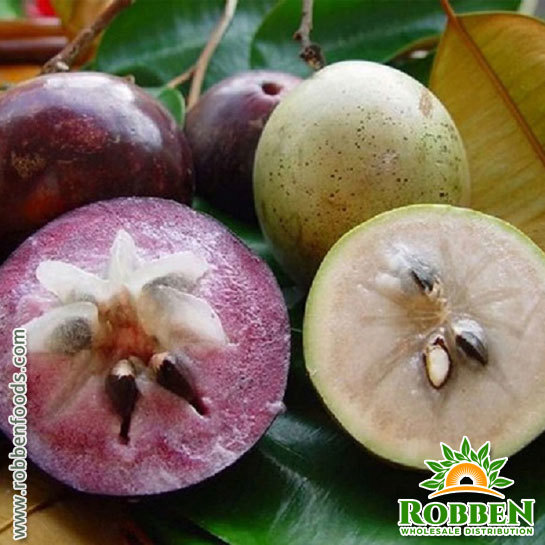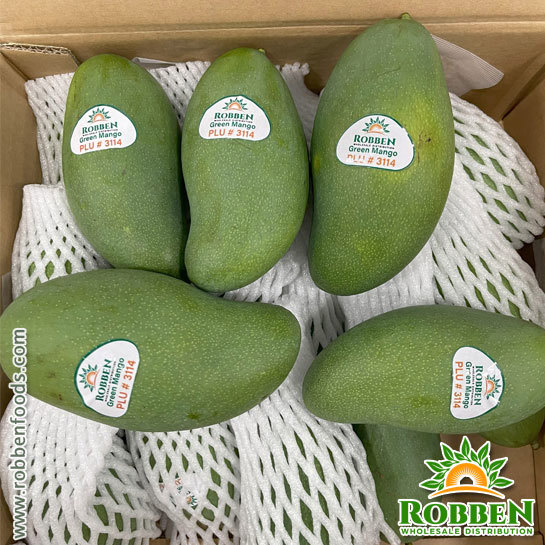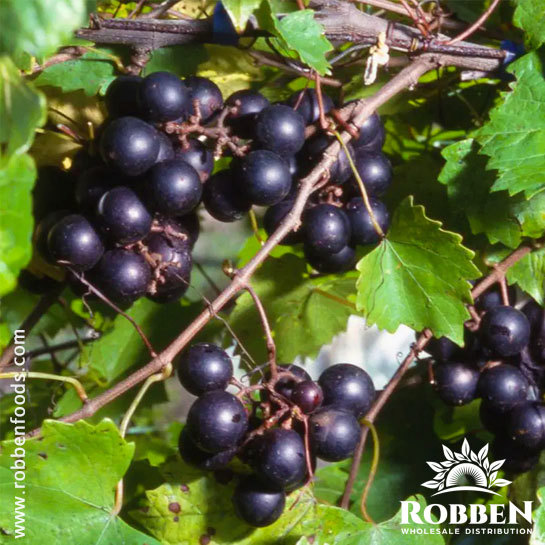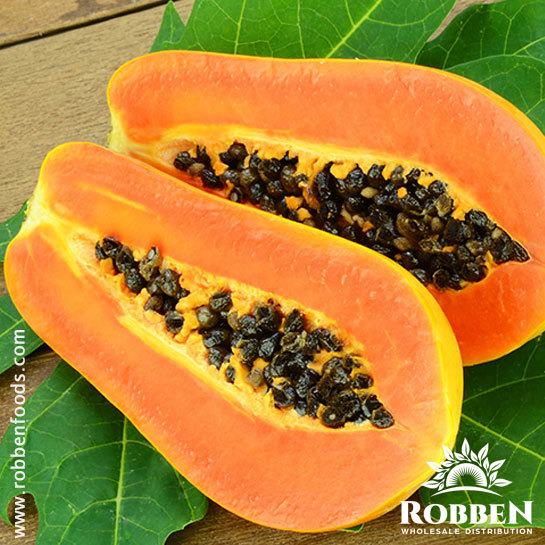Jujube is not just a delicious fruit; it's a powerhouse of nutrients with several health benefits
In the world of fruits, jujube is a hidden gem that's been cherished for centuries in Asia. This delicious fruit is divided into two primary varieties: the sweet and succulent honey jujube, and the crisp and refreshing winter jujube. Both types, while unique in their own ways, share a rich history, incredible flavor, numerous health benefits, and versatile uses that extend far beyond snacking.
Season and Cultivation
Jujube, scientifically known as Ziziphus jujuba, is a small deciduous tree native to China. It's widely grown in countries with warm and temperate climates, making Asia the epicenter of jujube production. These trees are known for their resilience and adaptability, thriving in arid conditions. Honey jujube, known for its sweet and rich flavor, is usually harvested in the late summer and early fall, while the winter jujube, with its crisp texture and refreshing taste, is typically harvested later in the fall and throughout the winter.
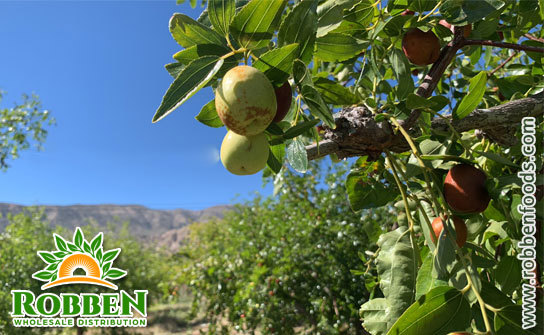
Jujube at the farm
Flavor and Characteristics
Honey Jujube: This variety, as its name suggests, is known for its sweet and honey-like flavor. The fruit is small, round, and reddish-brown when fully ripe. When you bite into a honey jujube, you'll be met with a burst of sweetness and a slightly chewy texture. It's often described as a combination of apple and date flavors, making it a delightful treat for those with a sweet tooth.
Winter Jujube: In contrast to its sweet sibling, the winter jujube has a crisp and refreshing taste. These fruits are smaller and more elongated, with a bright red skin when ripe. When you take a bite of a winter jujube, you'll encounter a juicy, slightly tart flesh that's akin to an apple. It's an excellent choice for those who prefer a more subdued and crisp taste.
Both jujube varieties share a common trait of being rich in natural sugars, which contribute to their delightful sweetness. They are also packed with essential vitamins and minerals, making them a nutritious choice for a snack.
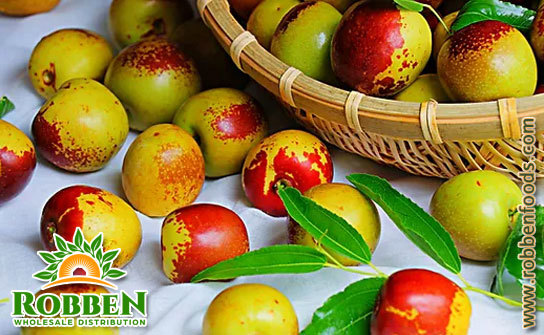
Jujube on the season
Health Benefits
Jujube is not just a delicious fruit; it's a powerhouse of nutrients with several health benefits:
Rich in Antioxidants: Jujube fruits are loaded with antioxidants, such as flavonoids and phenolic compounds, which help combat oxidative stress and reduce the risk of chronic diseases.
Boosts Immunity: The high vitamin C content in jujube enhances the body's immune system, helping it fight off infections and illnesses.
Digestive Health: Both varieties of jujube are a good source of dietary fiber, which aids in digestion and promotes a healthy gut.
Anxiety and Sleep Aid: Jujube has been used in traditional Asian medicine for its potential to reduce anxiety and improve sleep quality. It contains compounds that may have a calming effect on the nervous system.
Nutrient-Rich: These fruits are a good source of vitamins, including B-complex vitamins and essential minerals like iron, potassium, and magnesium.
Heart Health: The potassium content in jujube can help regulate blood pressure, reducing the risk of cardiovascular diseases.
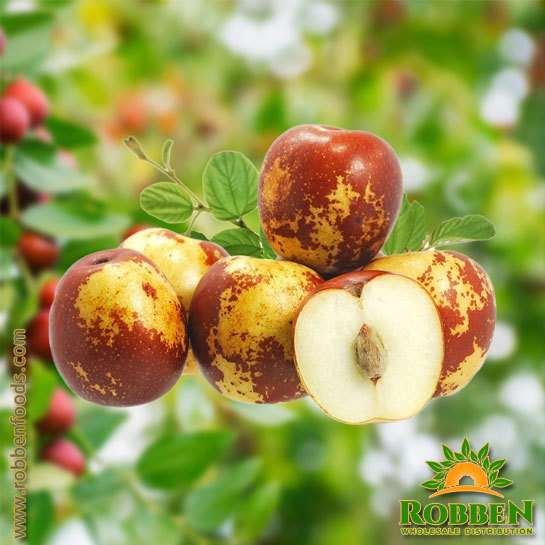
Versatile Uses in Asia
In Asia, jujube is revered not only as a tasty snack but also for its versatility in various culinary applications and medicinal uses.
Jujube Tea: Jujube is commonly used to make a soothing and aromatic tea. To prepare jujube tea, the fruits are dried and then steeped in hot water. This warm beverage is known for its calming effects and is often used to promote relaxation and improve sleep.
Jujube-Based Medicines: Traditional Chinese medicine has long recognized the medicinal properties of jujube. These fruits are often used in herbal formulations to treat various ailments, such as coughs, anxiety, and digestive issues. Jujube extract is also used in supplements to harness its health benefits.
Culinary Delights: Jujube is a versatile ingredient in Asian cuisine. It's used to make jams, preserves, and snacks. In Chinese cuisine, jujube is often incorporated into soups and desserts to add natural sweetness and depth of flavor.
Jujube Wine: In some regions of Asia, jujube is used to make wine, adding a unique and fruity note to the beverage. It's enjoyed for its distinct taste and potential health benefits.
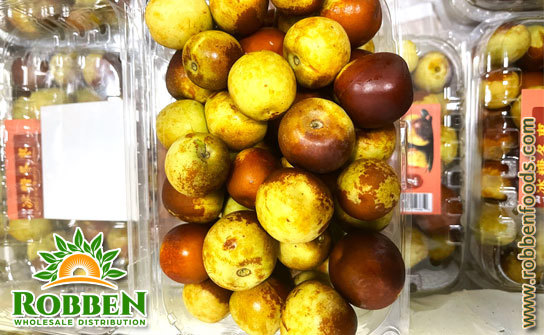
Jujube in our warehouse
Conclusion
Jujube, with its two primary varieties - honey jujube and winter jujube, is a testament to the diverse and flavorful offerings that nature provides. Beyond their delectable taste, these fruits are packed with an array of health benefits and have a long history of use in traditional Asian medicine. Their adaptability in different culinary applications, from teas and wines to jams and desserts, showcases their versatility.
Whether you're savoring the sweet honey jujube or enjoying the crispness of the winter jujube, both varieties have something special to offer. With their unique characteristics, delightful flavors, and potential for health benefits, jujube truly deserves a place in the spotlight as one of nature's sweetest bounties.
#Jujube #apple #HoneyJujube #WinterJujube
